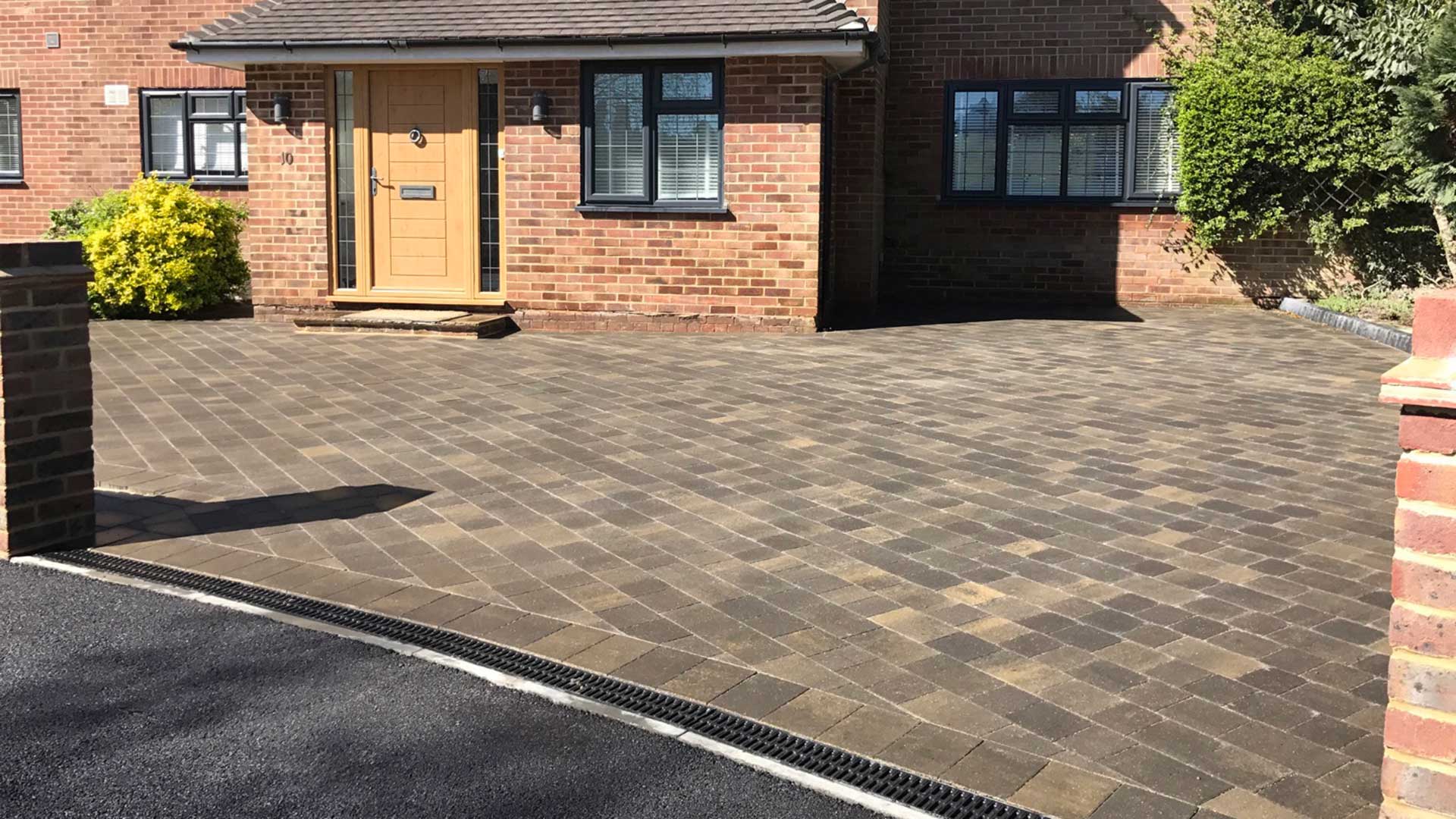When it comes to enhancing the comfort and value of your home, residential window tinting is a surprisingly effective solution. It offers several benefits, from reducing energy costs to protecting your interior decor. But what exactly is window tinting, and how can it help you? Let’s dive into this versatile home improvement option and discover why it’s worth considering.
Introduction
Window tinting is a process where a thin, durable film is applied to the interior side of windows. This film can significantly improve the functionality of your windows without changing their appearance too drastically. Think of it as sunglasses for your windows blocking out harmful rays while allowing you to enjoy clear views and natural light.
Why Should You Tint Your Windows?
Have you ever wondered how to keep your home cool in the summer without cranking up the air conditioning? Or how to protect your furniture from fading in the sunlight? Residential window tinting offers answers to these questions and more. Whether you’re looking to enhance privacy, improve energy efficiency, or simply boost your home’s aesthetic appeal, window tinting is a practical solution that meets various needs.
Energy Efficiency and Cost Savings
One of the primary benefits of residential window tinting is energy savings. During hot summer months, untreated windows allow sunlight to pour in, heating up your home like a greenhouse. By blocking up to 85% of the sun’s heat, window tinting reduces the strain on your cooling system, leading to lower energy bills. Over time, this simple upgrade can pay for itself, making it a cost-effective option for homeowners.
UV Protection for Your Home
Did you know that UV rays can penetrate through windows and damage your home’s interior? Over time, your furniture, flooring, and even artwork can fade from excessive exposure to sunlight. Window tints can block up to 99% of harmful UV rays, acting as a shield for your interior decor. It’s like applying sunscreen to your windows—keeping your home protected without losing the benefits of natural light.
Increased Privacy Without Sacrificing Natural Light
Privacy is a common concern for homeowners, especially in urban or suburban areas where houses are close together. Tinted windows offer an excellent solution. With certain films, you can enjoy natural light without the prying eyes of neighbors or passersby. The best part? You can see out, but they can’t see in, giving you peace of mind without having to close your blinds or curtains all the time.
Enhanced Aesthetic Appeal
Window tinting isn’t just functional—it’s also fashionable. With a range of tint shades and styles available, you can choose a film that complements your home’s design. Whether you prefer a subtle, barely-there tint or something more noticeable, you can enhance your home’s curb appeal while reaping the practical benefits of tinted windows.
Glare Reduction for Better Comfort
We’ve all experienced the discomfort of trying to watch TV or work on a computer with sunlight glaring through the window. Window tinting significantly reduces glare, making it easier to enjoy your electronic devices without having to adjust your seating or close the curtains. It’s a small but meaningful improvement that enhances everyday comfort.
Types of Window Tinting Films
Not all window tints are created equal. There are different types of films to suit various needs:
- Dyed Films: These provide a darkened look and are primarily used for privacy and appearance.
- Metalized Films: Offer excellent UV and heat blocking, with a slightly reflective appearance.
- Ceramic Films: These are the highest quality, offering superior heat rejection, clarity, and durability without any reflective look.
Understanding these options can help you choose the right film based on your specific needs.
The Installation Process
The installation process for residential window tinting is relatively straightforward. Professional installers will clean the windows, apply the film, and ensure there are no bubbles or imperfections. Installation can usually be completed in just a few hours, depending on the size of your home and the number of windows.
Maintenance Tips for Window Tints
Maintaining your tinted windows is easy. Avoid using harsh chemicals or abrasive cleaning tools, as these can damage the film. Instead, use a soft cloth and mild soapy water to keep your windows clean and streak-free. With proper care, your window tinting can last for many years.
How Long Does Window Tinting Last?
The lifespan of residential window tinting depends on the type of film used and the quality of installation. In general, most window tints can last anywhere from 10 to 20 years. High-quality films like ceramic tints often come with a lifetime warranty, ensuring that you’ll enjoy the benefits for decades to come.
Is Residential Window Tinting Worth It?
If you’re still on the fence, ask yourself this: Do you want to save on energy bills, protect your interior, and increase privacy? If the answer is yes, then residential window tinting is definitely worth it. The initial investment on a trusted platform like thetintteam is minimal compared to the long-term benefits, making it a smart decision for any homeowner.
Conclusion
In conclusion, residential window tinting is an affordable, practical solution for homeowners looking to improve comfort, reduce energy costs, and protect their home’s interior. Whether you’re concerned about heat, privacy, or UV rays, tinting offers a range of benefits that make it a worthwhile investment.






